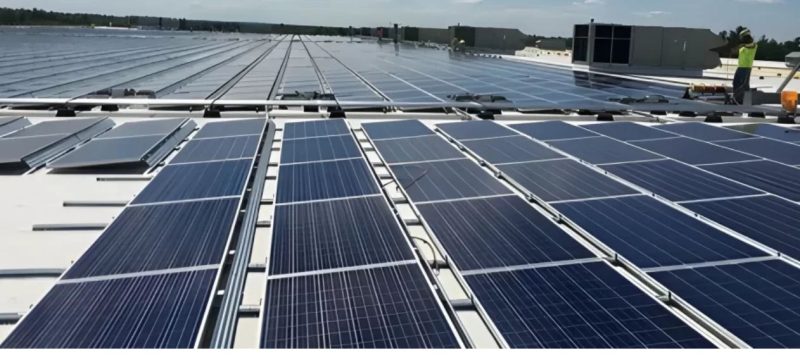Pakistan’s solar energy sector is facing a major shift as the federal government considers replacing the current net metering system with a new gross metering policy. This proposed change is expected to significantly affect thousands of solar panel users across the country who have invested in clean energy to cut costs and reduce dependence on the national grid.
According to government sources, the new policy is nearing final approval and will be sent to the federal cabinet after review by NEPRA (National Electric Power Regulatory Authority). The central idea behind the new framework is to stop compensating solar panel users at current market rates and instead set a fixed buyback rate for electricity sent back to the grid.
Under the draft plan, solar panel users will be paid Rs11.33 per unit for the energy they generate and export. This is far lower than the Rs27 per unit currently offered under net metering. However, the new rules will apply only to future connections. Those already enrolled in the net metering system will reportedly be allowed to continue under the existing terms.
Officials claim that the current net metering policy has created an imbalance in the power sector. They argue that it has led to a financial gap of Rs159 billion, with Rs103 billion linked to the higher rates paid to net-metered users. According to the Power Division, the shift to gross metering is intended to reduce this burden and promote fairer cost distribution among all electricity consumers.
Despite these arguments, many experts believe the change could discourage investment in renewable energy. Over the past few years, the net metering policy has encouraged thousands of households and businesses to install solar systems. It offered a practical way to cut electricity bills and contribute to a cleaner environment.
If the new policy is approved, future solar panel users may no longer find it financially viable to install solar systems. Energy analysts warn this could slow down Pakistan’s progress toward sustainable energy goals and increase dependence on fossil fuels.
As of now, the government has not confirmed a date for the new policy’s implementation. But for many current and potential solar panel users, the prospect of reduced returns is already causing concern.
Read more: Strong earthquake strikes near Indonesia’s Maluku province — no tsunami threat reported







